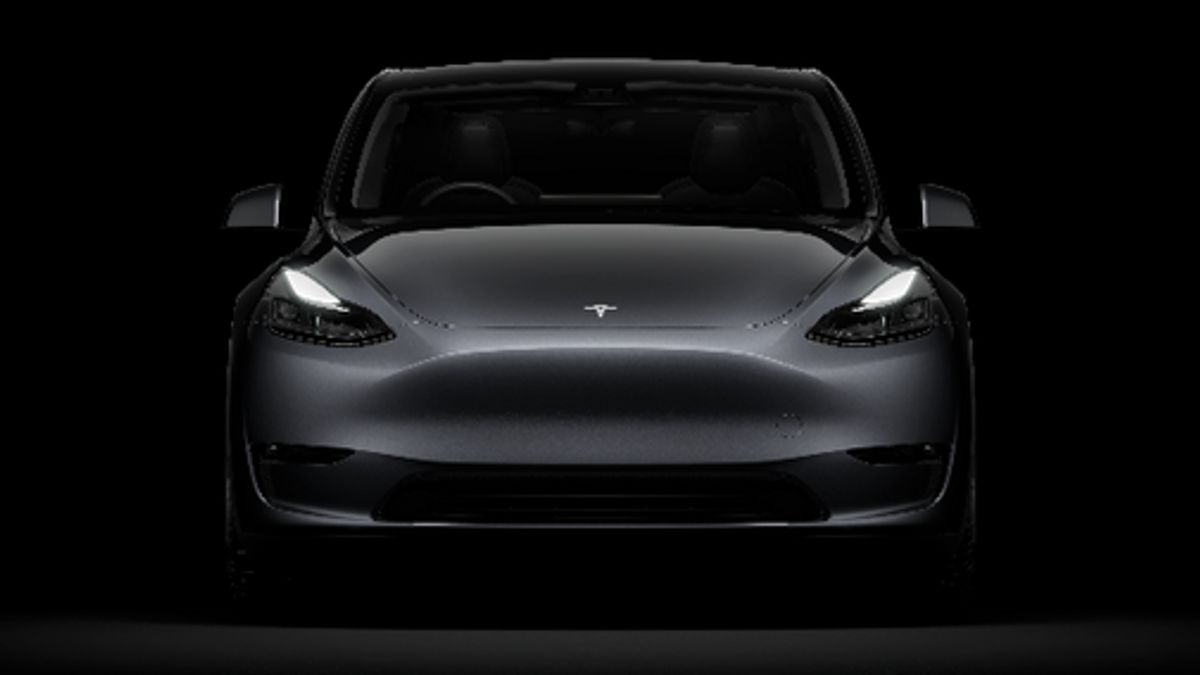JAKARTA - Four of the five new cars sold in Norway in 2022 are battery-powered. The sale of this EV car is led by Tesla. But some industries say the new tax could thwart the country's target of becoming the first country to end sales of gasoline and diesel cars by 2025.
According to sales data, Tesla sells more cars in Norway than any other brand for two consecutive years. It even seized 12.2% of the overall market share ahead of Volkswagen with 11.6%.
While China has so far been the largest car market overall, Norway with 5.5 million inhabitants, has reached the world's highest proportion of electric vehicles with the help of generous subsidies, making it a place of proof for automakers launching models.
The sold battery electric vehicle (BEV) share rose to 79.3% from all new cars in 2022 from 65% in 2021, up from 2.9% a decade ago, the Norwegian Road Federation (OFV) said.
The Tesla Model Y is the only most popular model of the year, ahead of Volkswagen's electric ID.4 in second place, and Skode Enyaq in third.
Trying to end sales of gasoline and diesel cars, Norwegian oil producers have so far exempted battery electric vehicles from taxes imposed on rivals using internal combustion engines.
According to the Norwegian finance ministry, when tax exemptions helped in reducing emissions, they also cost the country 39.4 billion krona (Rp62.3 trillion) in lost revenue by 2022. Meanwhile, the centre-left coalition government is seeking to curb profits for high-end vehicles.
Those who bought the electric Porsche Turbo S last year will pay at least 1.7 million Norwegian krona, but if taxed as fueled by gasoline, the price tag will be above 2.1 million krona.
According to the Norwegian Automotive Federation (NAF), a group of interests representing car owners, a new weight-based car tax could also have a negative impact on BEV sales as the electric engine system is heavier than the equivalent fossil fuel.
"We fear sales will drop as the government has proposed a new tax based on weight," said NAF spokesman Thor Egil Braadland.
The government also failed to address one of the main practical problems for electric car owners, involving charging stations and how to pay for their use.
"You need 10-15 apps to become well-prepared EV owners in Norway, and we know a lot of people are delaying the purchase of EVs because of that," Braadland said.
NAF is pushing for an 'e-roaming' solution that allows users to pay at all charging stations without requiring multiple apps.
Meanwhile, the Norwegian government maintains its policy for electric vehicles.
"Electric cars have become a new normal car for Norwegians, and that means we have to see how we use public funds," said Johan Vasara of the Labor Party, who is also the country's secretary at the Norwegian Ministry of Transport.
"We firmly believe electric cars will remain," Vasara said, adding that the government needed to focus its actions on other transport segments, including heavy goods transport vehicles.
The English, Chinese, Japanese, Arabic, and French versions are automatically generated by the AI. So there may still be inaccuracies in translating, please always see Indonesian as our main language. (system supported by DigitalSiber.id)













